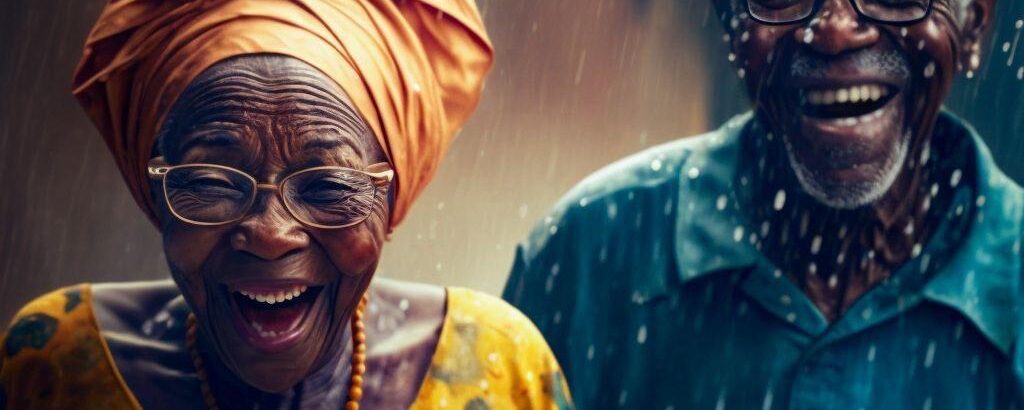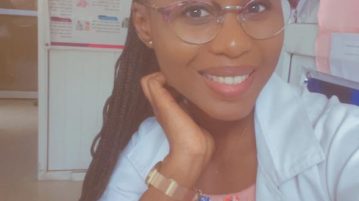Late last year, some photographs of old black people modelling on a runway fashion show emerged on the internet, rousing a lot of reactions from people, particularly the younger generation.
Although, this event sparked up multiple responses and controversies about the images been generated by Artificial Intelligence (AI). However, some applauded the beautiful innovation, as a means of tapping into the redundant potentials of the elderly, and how it can expand the population’s earning and output capabilities. Which then led to the further analysis of factors that could proliferate this new development. Most importantly, investing in the healthcare – physical and mental – of the geriatric population to preserve and enhance all-round productivity among them.
The Elderly, also known as the aged or geriatric population, are people aged 65 years and above. Globally, this population is increasing, as people tend to live longer with the advent of technology and healthcare.
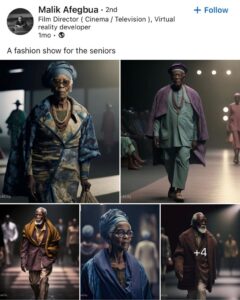
Beyond the popular saying, “Health is wealth”; how we care for our body is also a huge determinant of ageing healthily. This invariably affects how we amass wealth or how wealth is conserved among families and individuals, as time goes by. Majorly because a lot of money – which could form generational wealth – go into curative expenses and sustainability therapy for the unhealthy elderly in a family.
Therefore, to retain or create wealth in our societies, we must not neglect the care of the aged. As they make up a substantial portion of our global and national population, and taking proper care of them subsequently gives a good return on investment. Owing to the fact that, they remain or become useful for themselves and the society at large, as opposed to being a burden to their immediate family and environment, usually from health challenges or other forms of unwellness.
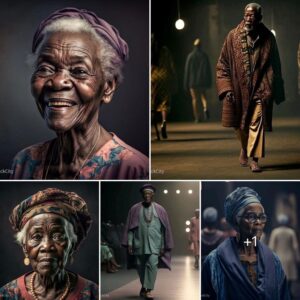
Typically, as Humans grow old, a lot of health issues tend to surface. This is because their bodies are going through a declining phase of immunity, strength and cognition. At this stage, a lot of them begin to battle “disease of old age”, acute infections, as well as some chronic morbidity, which may be aftermath of how they have used or engaged their bodies in their younger years. For example, some that had indulged in some harmful or unhealthy activities such as sedentary lifestyle, start to see and feel the consequences of their actions at a much later age. These and more causes the effect of a higher morbidity rate among the elderlies.
“Disease of old age” could be otherwise known as “age-related disease” (ARD) or “aging-associated disease”.
Despite the existence of these knowledge and establishment of these facts, currently in Nigeria, we have an abysmally low investment into the healthcare and wellbeing of this important people. For instance, at a relatively recent medical practitioners conference, the theme speaker spoke extensively on the surge in social isolation and major depression among the geriatric population due to the ongoing wave of “Japa”, and how this is affecting their personal wellbeing and that of the society as a whole. During this lecture, he lamented about the unavailability of healthcare homes or personnel for aged parents, including the neglect of the existing ones.
“The current ravaging Japa syndrome leave a lot of old people and veterans more vulnerable and generally uncared for” – Prof. O. Alagbe, during his keynote lecture titled “Geriatric Abuse and Depression: A Consequence of Japa Fever?” at the Yaba FNPH Association of Resident Doctors (ARD) Conference
Therefore, one of the most important means of keeping this aging population healthy and active – in order to maximise their potential for socio-demo-economic benefits – is by investing effectively into the elderly healthcare industry. This may include building and maintenance of functional old people’s homes across the nation, organising popular recreational activities or fun fairs exclusively for them – such as, open visiting day at their homes, atypical pageantry, fashion shows or healthy competitions, , movie dates, indoor games including cards, cheese, ludo, Ayo olopon and the likes), light physical and outdoor activities (gardening, lifting and so on). This could be done weekly, monthly or even yearly as interhome, interstate or international sporting activities or festival. Just to have them preoccupied, with tasks and pursuit that keeps their body and mind in shape and good health. These also help to eliminate the idea that old people are mostly been ignored or forgotten while alive.
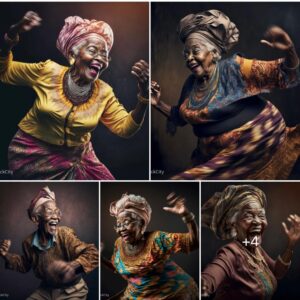
Furthermore, another area of investment for them is health insurance, as well as other functional healthcare packages. Currently, LASHMA has an available plan for the vulnerable elderly population, which was highlighted by the LASHMA General Manager – Dr. Emmanuella Zamba – during her guest lecture on “Uptake and Utilization of Health Insurance in Lagos” at the medical women’s (MWAN) annual general conference. Another area to look into is the training of geriatric healthcare specialists and providers at all levels. This can be achieved by creating and encouraging specialization pathways in geriatrics care among healthcare professionals in the system. Also training low and middle level health care providers – especially in rural areas with no formal healthcare structures or professionals – on care of the elderly, as more hands-on heath personnel are needed in the field. Likewise, telecommunication and telemedicine can be leveraged for providing care to them and staying in touch.
Although actual human presence cannot be totally replaced by gadgets; creating a functional community infrastructure, encouraging more family time and donating in every own little way – either in cash or kind – can give a sense of belonging, and hence, a perception of wellbeing to this dependant population.
Beyond the healthcare sector, since we have a lot of the labour force leaving the shores of the country leaving behind the elderly people, their expertise and experiences can be employed to service. For continual teaching and guidance of the younger generation across different fields. This makes them relevant in the microlevel of demographic and socioeconomic developments. Similarly, a continuous chain of demand and supply of their talents, skills and care, can create paid opportunities for all age groups, thereby contributing to sustainable development. Also, globalization and industrial revolution (e.g., AI) can be utilized for their personal development, as well as investments for the elderly (especially at the grassroots) explored, made easy and marketed. Participation in all of these and more, bear a positive psychological effect on their health and wellbeing, as well as their general outlook on life.
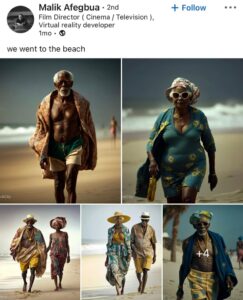
Below are some of the old people’s home and healthcare services – which may also provide live-in support or daily carer as desired – available in Lagos, Nigeria.
Precious Jewel Elderly Care Home, Apapa
WellCare Home Medical Services, Apapa (09042710963 Or 08025862330)
Old People’s home, Agege (+234807 555 7770)
Yaba Old People’s Home and Recreational Services, Sabo-Yaba
Well Child Keep Fit Club And Plant, Magodo (+234 802 317 5899)
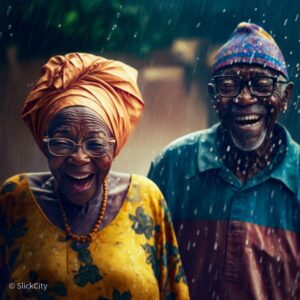
We hope to see more of these replicated in other parts of the country and beyond.
(Photo credit to Malik Afegbua, SlickCity)
About Author:
Mary Oluwakemisola Agoyi is a medical doctor with a background in journalism and vast experience in global health research, academic writing, and content creation. With over 7 years’ experience in writing, reporting, editing, managing and contributing on various national and international medical/health-related publication committees, platforms and organisations; She believe that proper medical documentation and communication across all levels and sectors is key for sustainable development in the health sector and beyond.

